Latest Announcements
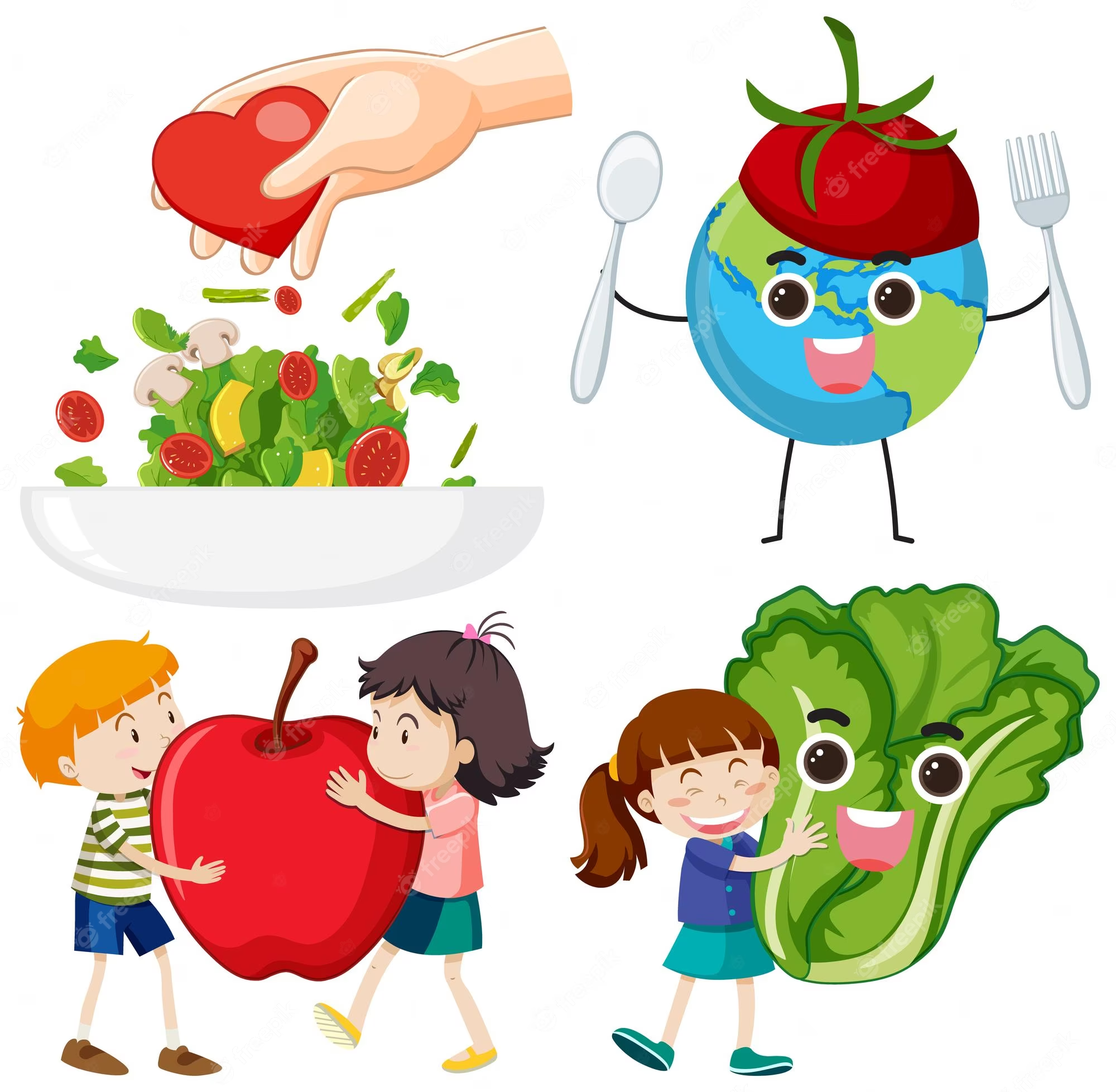
Healthy food choices during school break for child learning and well-being
August 30, 2023
Schools are re-opening and choosing healthy foods for children during school breaks is essential to support their learning and overall well-being. Here are some tips for making nutritious food choices:
- Balance Nutrients: Provide a mix of macronutrients (carbohydrates, proteins, and healthy fats) in each meal to keep your child energized and focused.
- Whole Grains: Choose whole grains like whole wheat bread, brown rice, quinoa, and oats. These provide sustained energy and important nutrients.
- Protein-Rich Foods: Include lean protein sources such as eggs, lean meats, poultry, fish, beans, lentils, and tofu. Protein helps in concentration and stabilizes blood sugar levels.
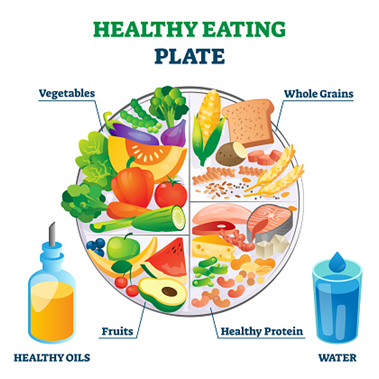
- Fruits and Vegetables: Aim to include a variety of colorful fruits and vegetables. They provide essential vitamins, minerals, and antioxidants. Fresh, frozen, or even dried fruits without added sugars can be great choices.
- Healthy Snacks: Opt for nutrient-rich snacks like yogurt, hummus with veggie sticks, nuts (if allowed and not a common allergy), and whole-grain crackers. Avoid heavily processed and sugary snacks.
- Hydration: Encourage drinking water throughout the day. Limit sugary drinks like sodas and fruit juices. Herbal teas and infused water can be appealing options.
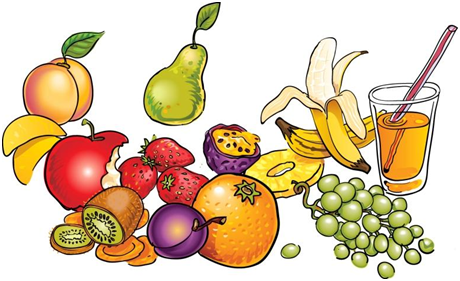
- Nut Butter: Spread natural nut butter (e.g., peanut butter, almond butter) on whole-grain bread or celery sticks. They provide healthy fats and protein.
- Dairy or Dairy Alternatives: Choose low-fat or non-fat dairy options or fortified dairy alternatives like almond milk or soy milk for calcium and vitamin D.
- Homemade Meals: Whenever possible, prepare homemade meals and snacks. This gives you control over ingredients and helps avoid excessive salt, sugar, and unhealthy fats.
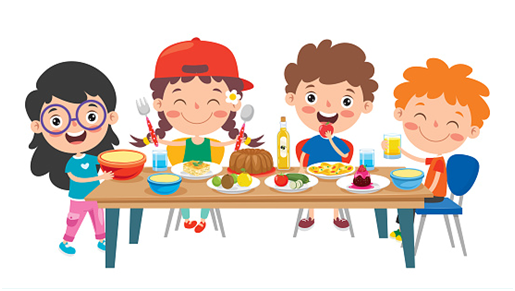
- Limit Added Sugars: Minimize foods with added sugars, such as candies, cookies, and sugary cereals. Opt for naturally sweet options like fresh fruits.
- Portion Control: Pay attention to portion sizes to avoid overeating and to teach your child about portion control.
- Include Brain-Boosting Foods: Certain foods are thought to support brain function, such as fatty fish (rich in omega-3 fatty acids), nuts and seeds (rich in antioxidants), and foods rich in vitamin E (e.g., spinach, broccoli, nuts).
- Smoothies: Make nutritious smoothies with fruits, vegetables, yogurt, and a protein source. They can be a delicious and convenient way to provide essential nutrients.
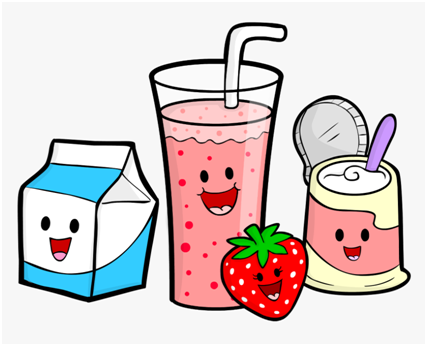
Remember that it's also important to involve your child in meal planning and preparation. This can encourage a positive relationship with food and help them learn about nutrition.
Always be aware of any allergies or dietary restrictions your child may have. If you have specific concerns about your child's diet, it's a good idea to consult a registered dietician or a healthcare professional for personalized guidance.


Submit your comment